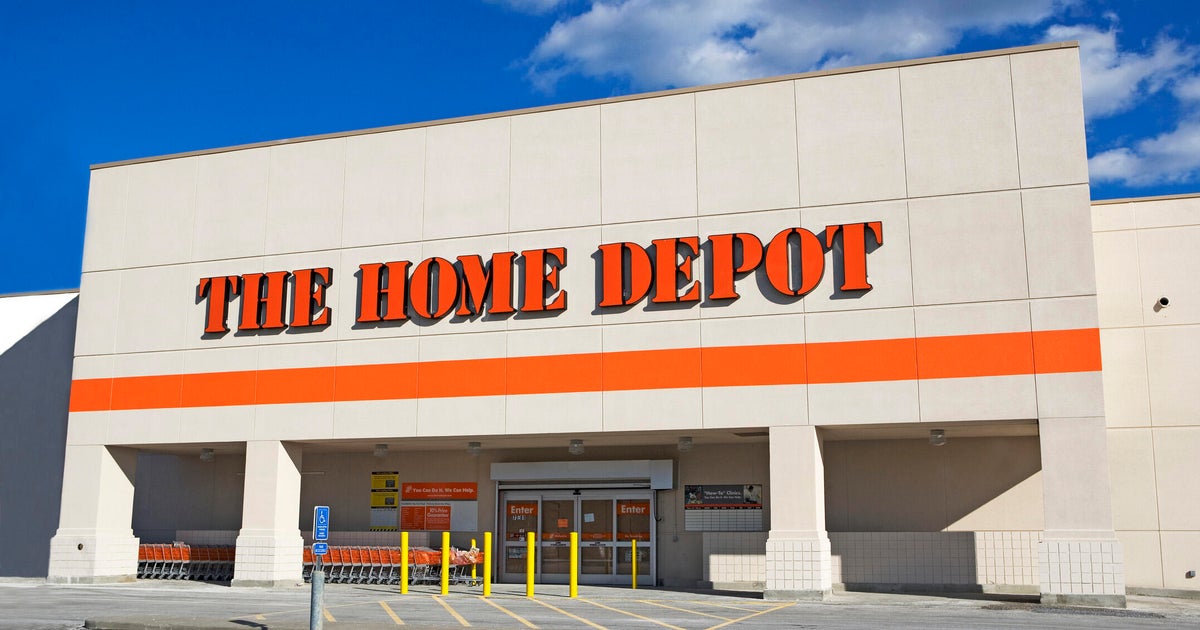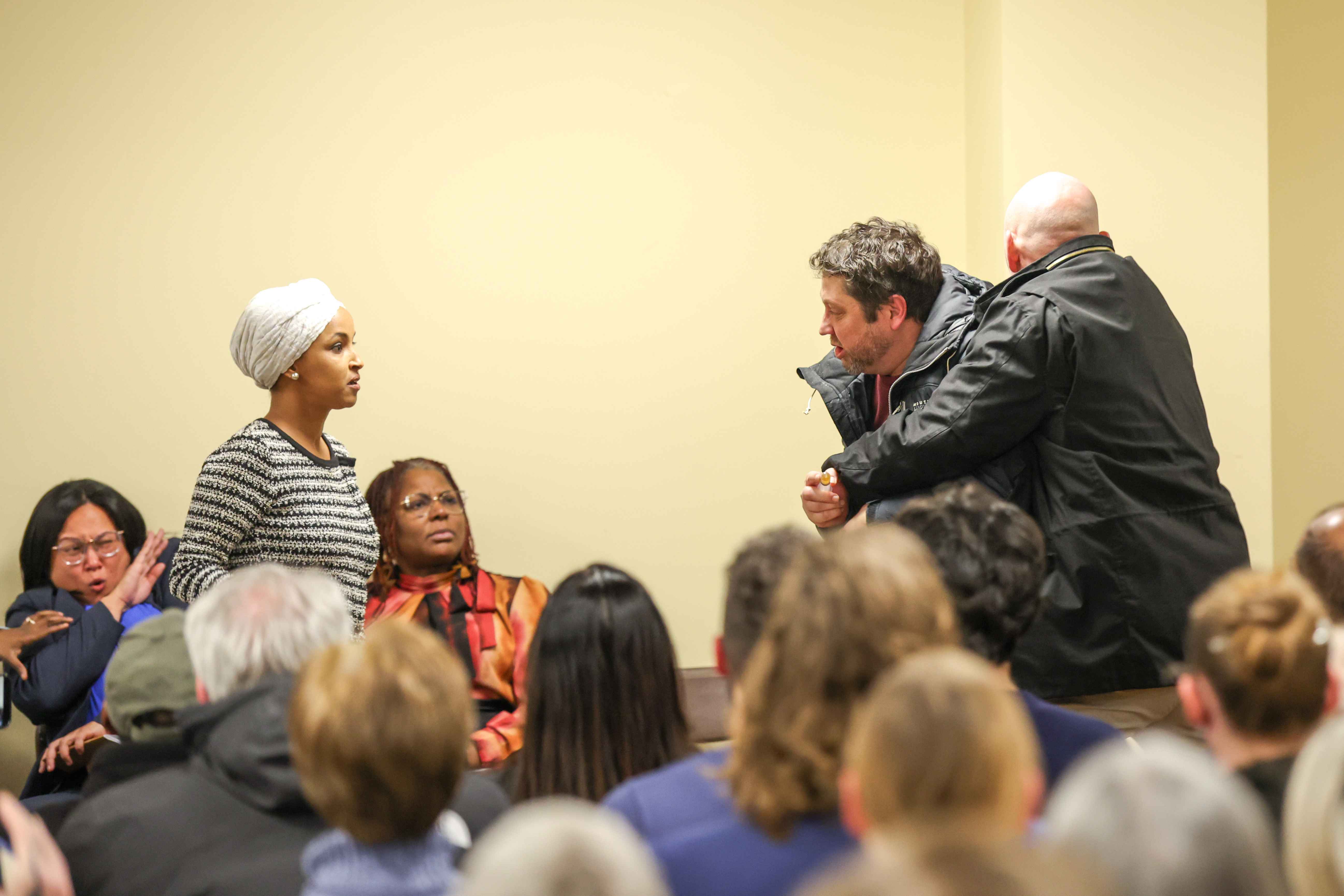Target raising its minimum wage to $15 an hour
Anyone who works for Target will make at least $15 an hour starting July 5, the retailer announced Wednesday. The company is also giving front-line workers in its stores and distribution centers a one-time, $200 bonus for continuing to work during the coronavirus pandemic.
The wage increase will affect about 275,000 full- and part-time employees at Target's stores and distribution centers, as well as corporate staff at the company's Minnesota headquarters. The company had temporarily increased pay for retail and distribution workers by $2 an hour – an increase that is set to end on July 4.
The $15 minimum fulfils a goal the company set in 2017, when its starting wage was $11. Target raised the hourly rate by $1 in 2018 and 2019.
"These investments help ensure that team members can build meaningful careers, take care of themselves and their families and contribute to building our communities through their work inside and outside of Target," Target Chief Human Resources Officer Melissa Kremer said in a statement.
Employees will get the $200 bonus at the end of July. Target officials said the payout comes on top bonuses between $250 and $1,500 that the company distributed to 20,000 employees in April.
The company remained open during the pandemic and saw online sales skyrocket more than 275% in April. However, some workers have accused it of not doing enough to keep them safe from COVID-19 exposure. Target workers in Minnesota walked off the job last month after asking for more protection and help with increased health care costs.
"We are at high risk of exposure to this virus," Adam Ryan of Target Workers Unite, a group formed by employees at the company, a told CBS Minnesota. "We contend that even though Target is making these announcements that they are taking further safety precautions and compensating us, it's really just smoke and mirrors."
In April, Target CEO Brian Cornell outlined the company's protective measures on CBS This Morning, including installing Plexiglass dividers at check-out aisles, giving workers face masks and limiting the number of customers in store to encourage social distancing.
"We've made big investments in our team pay and benefits to make sure that during this crisis they were well taken care of but importantly we've taken safety measures for the guests," Cornell said.



